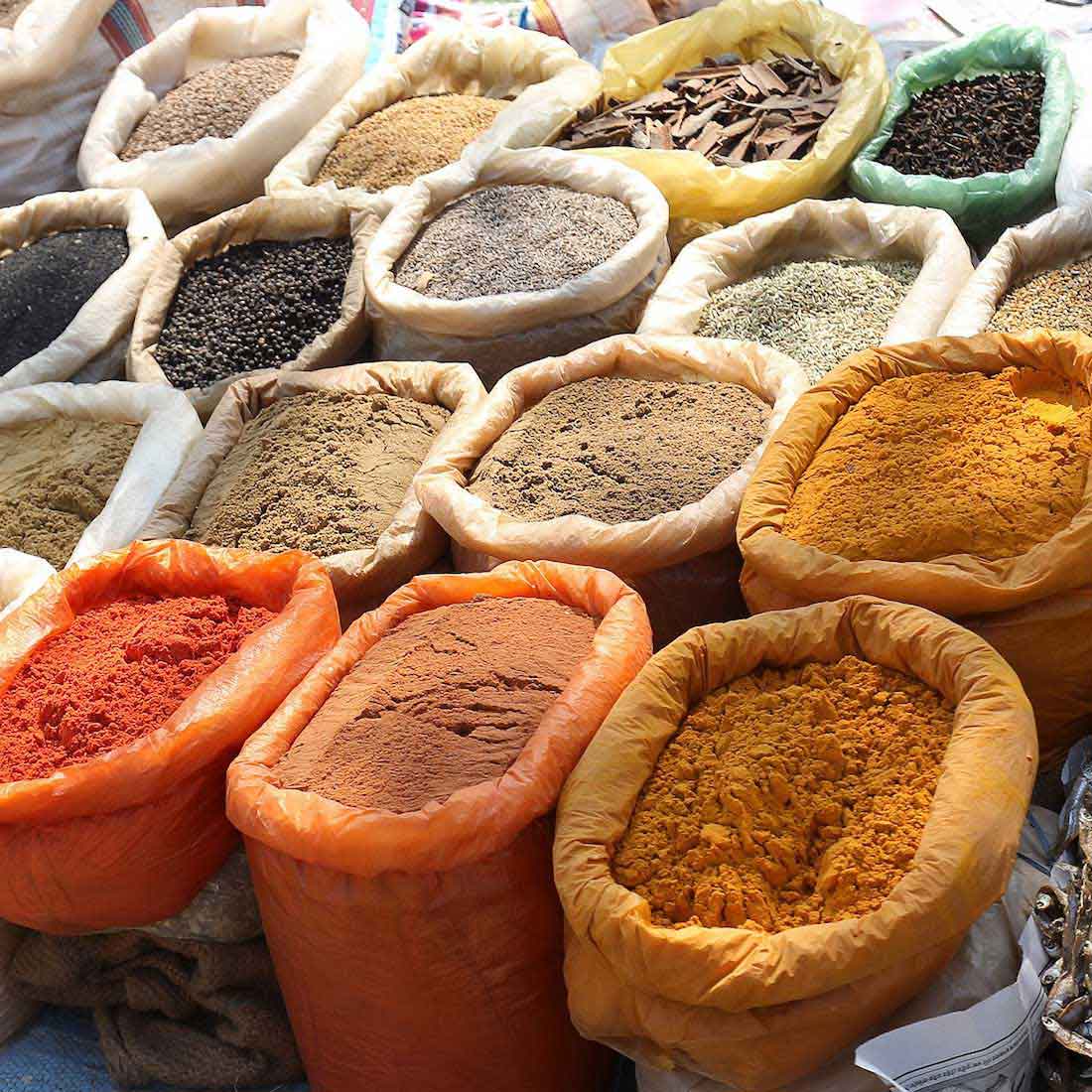Turmeric (Curcuma longa), sometimes referred to as curcumin, is a spice we should all eat more of. Research shows that turmeric reduces inflammation and may help fight indigestion, infections, and cancer. Curcumin is the most active ingredient in turmeric.
Turmeric has been used in Ayurvedic and Chinese medicine for 4,000 years1. Traditionally, turmeric is used to flavor Indian dishes and is what gives curries their distinct yellow color. Most Western studies have used doses of curcumin to study its effects on the body. Not all of the studies show that turmeric has clear benefits for the human body, but there is enough evidence that I recommend adding turmeric to your diet.
Curcumin vs. Turmeric
I’ve seen these both these terms used often in health magazines and blogs. Generally, “turmeric” refers to the spice. “Curcumin” is the active ingredient in turmeric. You’ll see the term “curcumin” used more often in medical journals. Turmeric supplements are usually concentrated doses of curcumin.
Benefits of Curcumin
There are many reasons why you should incorporate turmeric into your diet.
On the internet, there is sometimes a tendency to exaggerate the health benefits of certain foods, including turmeric. By no means is turmeric a certain cure for cancer, and it is not a guaranteed cure for infections either. However, there are many benefits of turmeric to the body, including long-term benefit to your immune system. Here are some of those benefits.
1. Fight Alzheimer’s
Let’s get into some details of Alzheimer’s.
Alzheimer’s is caused by compounds called ‘amyloid β forms aggregates’ (oligomers). The problem with these compounds is that they can accumulate in the brain and form ‘amyloid plaques’. Here’s why curcumin is promising for people with Alzheimer’s: some studies show curcumin can prevent the formation2 of these plaque deposits.
Here’s what we’re not sure about. We’re not sure if the curcumin can get to the area in your body where it’s needed. Your brain is protected by something known as the blood brain barrier3. Think of it as a skin that wraps around your brain and protects it harmful substances that made it into your blood. We’re not sure if curcumin from food can make it across the blood brain barrier and get to the brain.
Do I still recommend turmeric? Yes. Firstly, we know turmeric is safe for you and has very little side effects, even for patients with Alzheimer’s. More importantly, we also know that turmeric is a powerful anti-inflammatory.
2. Fight inflammation
Turmeric is a powerful anti-inflammatory. The active ingredient in turmeric, curcumin, reduces the amount of two enzymes in your body that cause inflammation. Cucurmin is also an antioxidant, which means that it gives your immune system a power boost against high-energy particles that damage your cells.
3. Reduce indigestion
Do you suffer from bloating or gas? Try turmeric. We know that curcumin causes the gall bladder to produce bile, which may prevent indigestion.The authority in Germany which regulates the prescription of herbs, the German Commission E, has marked turmeric as a possible cure for indigestion. We haven’t had many Western studies on the link between turmeric and indigestion, but we do know that in one study controlled with placebos, turmeric was useful. Subjects who had turmeric had less bloating and gas from indigestion 4than people who didn’t take turmeric.
How to Add Curcumin to Your Diet
Make some curry tonight or have some turmeric tea. When eaten with turmeric, black pepper and oil increase the bioavailability of curcumin. That means that your body absorbs the nutrients from turmeric better if you eat it in dishes like curry.
One of my favourite ways to use turmeric is to make a warming cup of anti-inflammatory turmeric golden milk.
Turmeric supplements are available and can be helpful, but as with all nutrients I recommend first increasing your intake through diet. If you’re eating turmeric in food – in curries, for example, and not in supplements – you’re fine. You likely won’t consume too much turmeric in a diet.
Chew on this
If you’re looking for ways to boost your immune system, check out our guide to eating an anti-inflammatory diet. You change your body chemistry every time you eat. Eat well and live well!
Have you added turmeric to your diet? Tell us about it in the comments!




